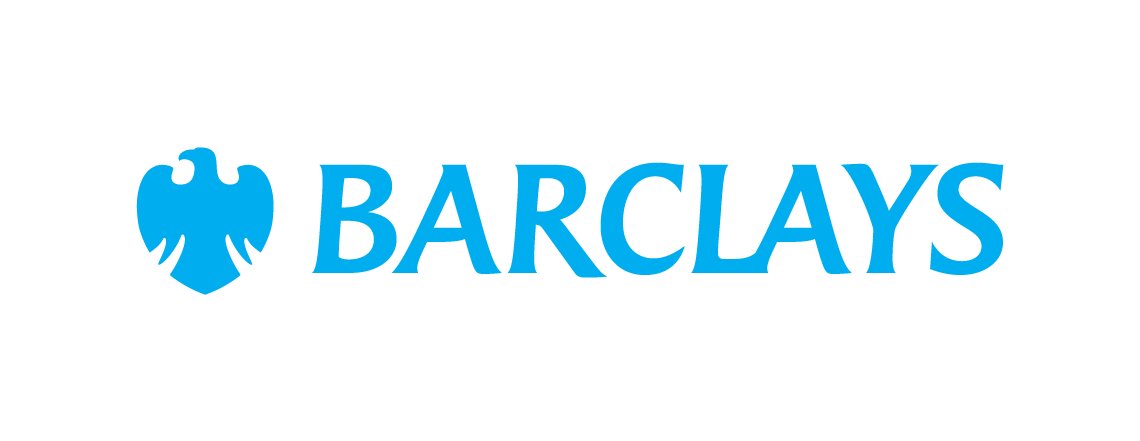Here's What Happens if You Deposit More Than $10,000 in Cash Into Your Bank Account
KEY POINTS
- Deposits of over $10,000 are reported to the federal government -- but that doesn't mean you're in trouble.
- Be honest with your bank and don't try to avoid these reports.
- Make sure your bank even allows deposits that large.
The Bank Secrecy Act of 1970 requires banks to file a report with the federal government if a customer deposits or withdraws more than $10,000 in cash in a 24-hour period. This is meant to help the government spot and investigate potential money laundering.
If you're not doing anything illegal, then you have nothing to worry about. But if you try to dodge the reporting requirements, you could land yourself in hot water.
Here's what you need to know about making cash deposits of over $10,000.
Want to earn 10 times the national average APY? Check out our list of the best high-yield savings accounts and start earning more interest today.
Our Picks for the Best High-Yield Savings Accounts of 2025
| Product | APY | Min. to Earn | |

American Express® High Yield Savings
Member FDIC.
APY
3.70%
Rate info
3.70% annual percentage yield as of April 16, 2025. Terms apply.
Min. to earn
$0
Open Account for American Express® High Yield Savings
On American Express's Secure Website. |
3.70%
Rate info
3.70% annual percentage yield as of April 16, 2025. Terms apply.
|
$0
|
Open Account for American Express® High Yield Savings
On American Express's Secure Website. |

CIT Platinum Savings
Member FDIC.
APY
4.10% APY for balances of $5,000 or more
Rate info
4.10% APY for balances of $5,000 or more; otherwise, 0.25% APY
Min. to earn
$100 to open account, $5,000+ for max APY
Open Account for CIT Platinum Savings
On CIT's Secure Website. |
4.10% APY for balances of $5,000 or more
Rate info
4.10% APY for balances of $5,000 or more; otherwise, 0.25% APY
|
$100 to open account, $5,000+ for max APY
|
Open Account for CIT Platinum Savings
On CIT's Secure Website. |

Barclays Tiered Savings
Member FDIC.
APY
4.10%
Rate info
Balances less than $250,000 earn 4.10%, and balances greater than $250,000 earn 4.30%.
Min. to earn
$0
Open Account for Barclays Tiered Savings
On Barclays' Secure Website. |
4.10%
Rate info
Balances less than $250,000 earn 4.10%, and balances greater than $250,000 earn 4.30%.
|
$0
|
Open Account for Barclays Tiered Savings
On Barclays' Secure Website. |
How it works
If your cash deposits or withdrawals at a single bank add up to more than $10,000 in a 24-hour period, that bank is required by law to send a "cash transaction report" (CTR) to the Financial Crimes Enforcement Network (FinCEN).
The CTR includes:
- Your name
- Your address
- Your Social Security number
- Your driver's license number (if you have one)
- The date, amount, and type of the transaction
Bank employees are not required to tell you they're filing a CTR. However, they are required to verify your identity first.
Bank employees may ask you additional questions, like where the money came from. You don't have to answer, but it's best to be honest. If the bank thinks you're dodging questions, that may raise a red flag.
CTRs all go to one database so that FinCEN can look for signs of illegal activity. A single CTR is unlikely to get FinCEN's attention. But several CTRs -- from a single bank or from multiple banks -- may trigger an investigation.
Follow the rules and play it cool
If you need to deposit more than $10,000 cash in your bank account, then go for it. Don't break it up into smaller deposits to avoid a report to the Feds. This is known as "structuring," and it's illegal.
If a bank thinks you're structuring your cash transactions, then it will file a "suspicious activity report" -- and that's guaranteed to get FinCEN's attention. Structuring is punishable by a fine of up to $250,000, up to five years in prison, or both.
And if you think you're slick enough to stay under the bank's radar, know that many banks today use software that can spot suspicious activity much better than your average teller.
Make sure your bank allows large deposits
A lot of banks don't allow cash deposits of over $10,000 within a 24-hour period. Some of the best savings accounts don't even let you deposit that much cash in a month.
If you have over $10,000 cash to deposit, but your bank won't let you deposit that much at once, then you may need to…
- Open a new savings or checking account at a bank that allows larger cash deposits. You can then electronically transfer the funds to another account if you'd like.
- Make multiple smaller deposits. It is not considered "structuring" -- and therefore it's not illegal -- if you're only trying to stay within your bank's deposit limits.
In any case, it's best to call your bank and tell them what you need. They'll let you know the best plan of action.
Our Research Expert
We're firm believers in the Golden Rule, which is why editorial opinions are ours alone and have not been previously reviewed, approved, or endorsed by included advertisers. Motley Fool Money does not cover all offers on the market. Motley Fool Money is 100% owned and operated by The Motley Fool. Our knowledgeable team of personal finance editors and analysts are employed by The Motley Fool and held to the same set of publishing standards and editorial integrity while maintaining professional separation from the analysts and editors on other Motley Fool brands. Terms may apply to offers listed on this page. APYs are subject to change at any time without notice.